us history 1920’s
1/80
There's no tags or description
Looks like no tags are added yet.
Name | Mastery | Learn | Test | Matching | Spaced | Call with Kai |
|---|
No analytics yet
Send a link to your students to track their progress
81 Terms
A policy of remaining apart from the affairs or interests of other groups, especially the political affairs of other countries.
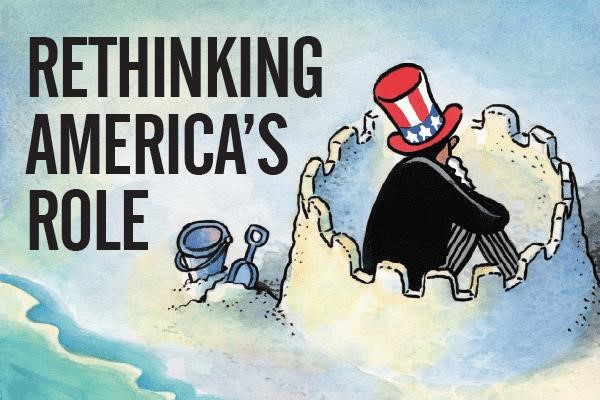
isolationism
What was the nickname for the 1920's era?
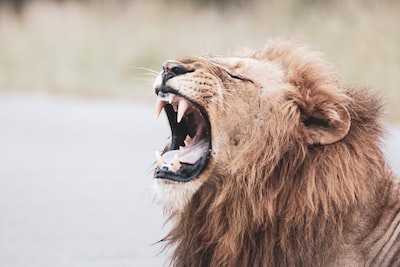
Roaring Twenties
Who were the Presidents of the United States during the 1920's?
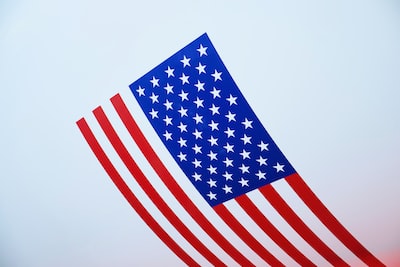
Woodrow Wilson,Calvin Coolidge,Warren G. Harding
Who was the best Baseball player in the world in the 20's?
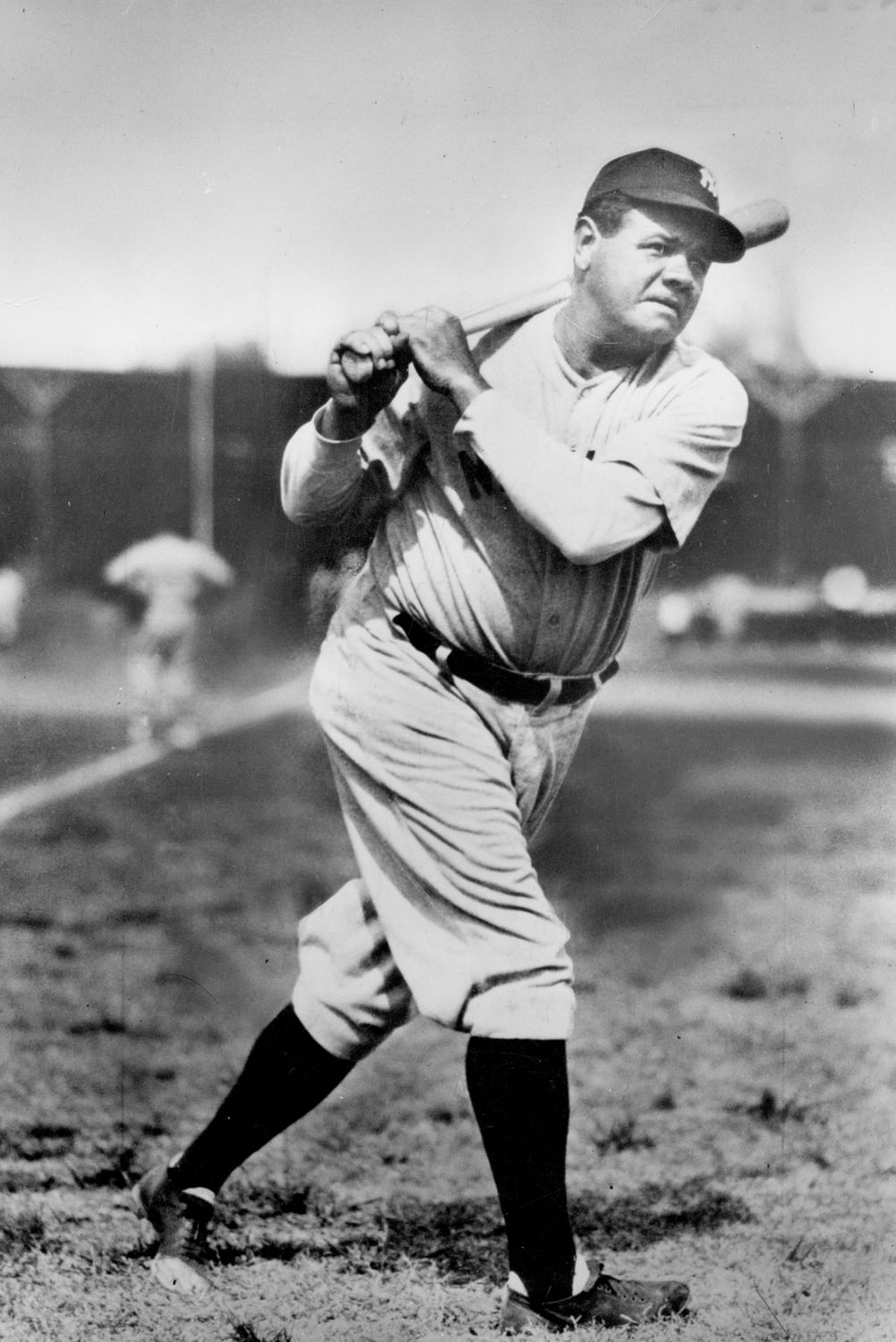
Babe Ruth
What was it called when alcoholic drinks were illegal from 1919-1933?
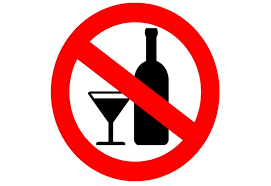
Prohibition Era
What people were known for smuggling alcohol illegally?
Bootleggers
What was the name of the places that people used to have a private bar/sell alcohol illegally in secret?
Speakeasy
Who were women who dressed in short dresses, jewelry and had short hair unlike normal women?
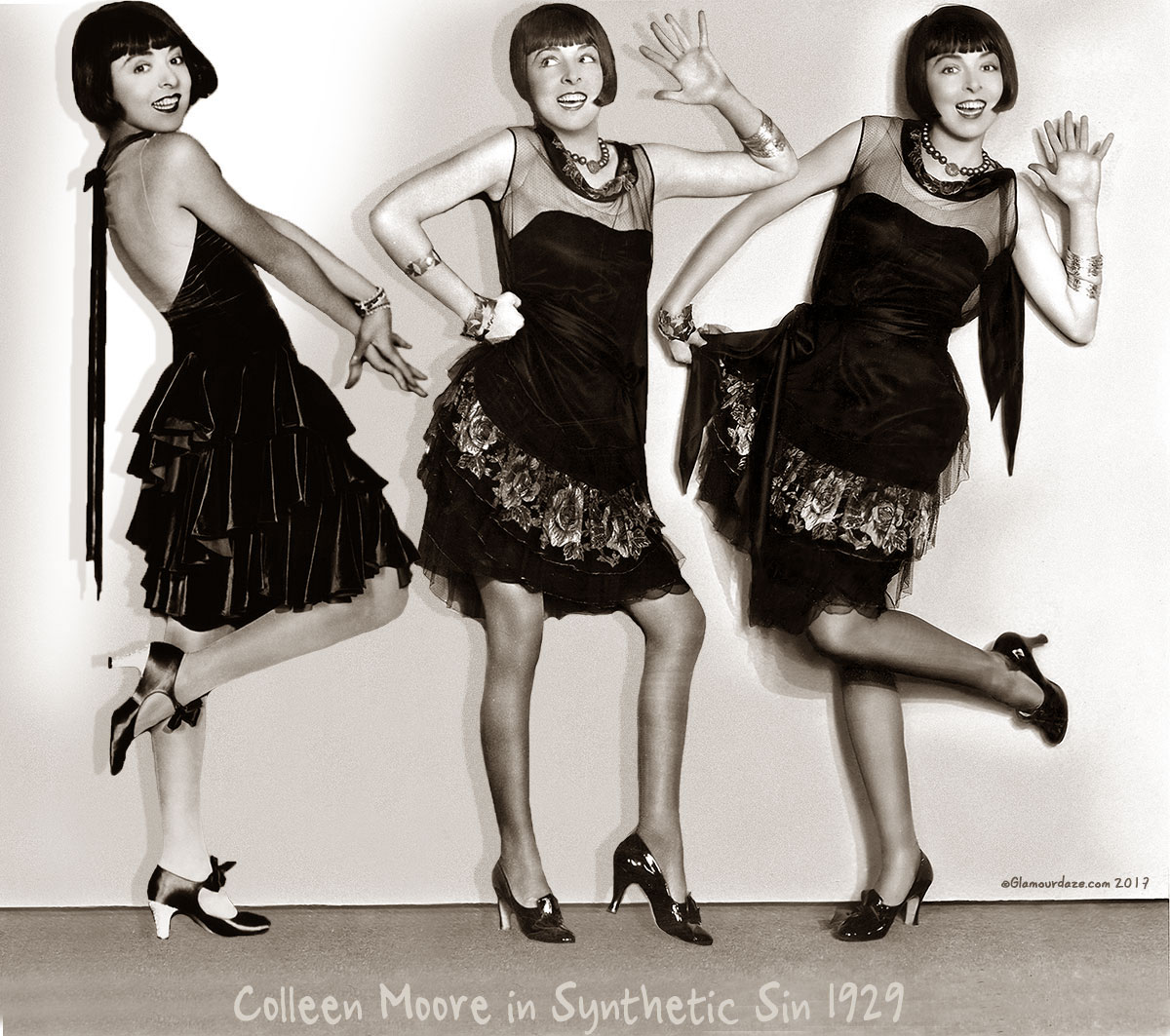
Flappers
Who was a famous celebrity in the 20's?
Charlie Chaplin
Why did the roaring 20's end?
The stock market crash/Great Depression
What amendment started prohibition?
18th
What amendment gave women the right to vote?
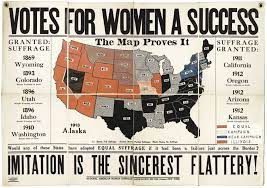
19th
What was the cultural revival of African American culture with art and music in Harlem New York?
The Harlem Renaissance
Why were the 1920's called the Roaring 20's.
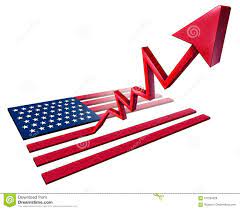
The US economy boomed
Who likely committed the St. Valentine's Day Massacre?
Al Capone
Which of the following opposed prohibition?
Liquor companies
The suffrage movement focused on...
Giving women the right to vote.
This case centered around whether or not evolution should be taught in school.
Scopes Monkey Trial
This person is known as a legendary jazz singer and a trumpeter.
Louis Armstrong
This person is known as a legendary writer and poet during the Harlem Renaissance.
Langston Hughes
What was the pandemic during the 1920s?
Spanish Flu
The belief that the nation is better off when its people buy a lot of goods.
Consumerism
Al Capone
American gangster who gained fame from bootlegging
Who is F. Scott Fitzgerald?
Novelist of the lost generation
Who was Charles Lindbergh?
Flying solo across the Atlantic Ocean made him a national hero
Who was Marcus Garvey?
He wanted African-Americans to celebrate their black heritage and even move to Africa to oppose colonization
Who was W.E.B. Du Bois
An American Sociologist
What was the red scare?
Caused Americans to fear foreigners and feel that Russians might revolt in U.S.
What was the trial of Sacco and Vanzetti?
1920's trial and executions of italian anarchists Nicola Sacco
What type of music was created during the Harlem Renaissance?
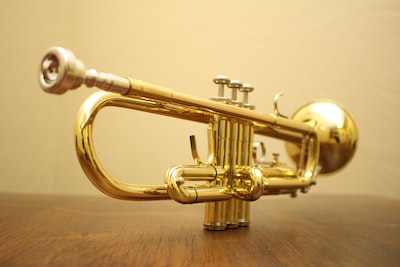
Jazz
The man tasked in the 1920's to arrest and seize Communist

General A. Mitchell Palmer
Immigration Act of 1924 Banned immigrants from what area of the world?
East Asia, India, and Africans
Immigration Quota 1921 banned these immigrants
Russian, Italians
Why was Warren G. Harding known as a corrupt president?

Teapot Dome Scandal
Films with sound were often called?
Talkies
What new technology was known as the most popular form of media during the 1920's
Radio
The man who flew the first nonstop flight from US to Paris.
Charles Lindbergh
How did the rise of the auto industry affect the American economy in the 1920s?

Millions of workers took jobs making steel, rubber, and glass for car parts.
The new mass entertainment technologies of radio and movies were made possible by the

existence of plentiful electricity.
Who was Amelia Earhart?
An American Aviator, first female Aviator to fly solo across the Atlantic ocean
Who was the famous Jazz singer of the time?
Louis Armstrong
Attorney General A. Mitchell Palmer
Used the government to hunt people associated with communism, socialism, and anarchy
Union membership in the 1920s ___.
Declined
What was the Teapot Dome Scandal?
a government employee illegally selling access to government land to oil companies
What was the overall effect of the Kellogg-Briand Pact?
A pact that had no power, but renounced war
Lets customers make partial payments at set intervals over period of time
Installment buying
Harlem Renaissance poet, graduated from Harvard University.
Countee Cullen
Tariff on foreign goods to encourage Am. to buy American goods
Protective Tariff
Flew first plane.
Wright Brothers
Who were fundamentalists?
Protestants who believed in a literal interpretation of the bible
What technological advancement in the 1920s revolutionized communication?
Radio
What was the Great Migration?
Movement of African Americans from the south to northern cities
Wilfred Owen what was he?
Poet
Helen Willis what was she?
Tennis player
Babe Ruth
Baseball player
Jack Dempsey
Boxer
T.S. Eliot
Poet
Sigmund freud
Psychologist
These were invented in the 1920's and helped revolutionize travel?
Automobile
What caused movie attendance to double?
Talkies
The stock market crash of October 29, 1929 was called ?
Black Tuesday
Who started using the style known as cubism in the 1900's?
Pablo Picasso
What was the overall effect of the Kellogg-Briand Pact?
A pact that had no power, but renounced war
How did Henry Ford’s assembly line transform manufacturing?
By increasing production speed and making goods like the Model T affordable.
e
e
How did the automobile industry reshape American life?
By increasing personal mobility and encouraging suburban growth.
1
1
What was the effect of national radio broadcasts?
They unified Americans with shared music, news, and cultural trends.
What demographic shift defined the 1920s in the U.S.?
Urbanization, with more people living in cities than rural areas.
What cultural movement celebrated African American identity and arts in the 1920s?
The Harlem Renaissance.
What event symbolized the clash between science and religion in the 1920s?
The Scopes Trial, challenging the teaching of evolution in schools.
What immigration policy reflected nativist attitudes after World War I?
The Immigration Act of 1924, which set quotas favoring northern and western Europeans
What impact did the Harlem Renaissance have on U.S. culture?
It elevated African American literature, music, and pride while challenging stereotypes.
tonald
dump
What was the impact of household appliances like washing machines and refrigerators in the 1920s?
They reduced the labor required for domestic chores, improving living standards.
How did the automobile industry reshape American life?
By increasing personal mobility and encouraging suburban growth.
What role did radio and cinema play in the 1920s
They fostered a shared national culture and highlighted regional diversity.
-
-
What demographic shift defined the 1920s in the U.S.?
Urbanization, with more people living in cities than rural areas.
What event symbolized the clash between science and religion in the 1920s?
The Scopes Trial, challenging the teaching of evolution in schools.
What immigration policy reflected nativist attitudes after World War I?
The Immigration Act of 1924, which set quotas favoring northern and western Europeans.